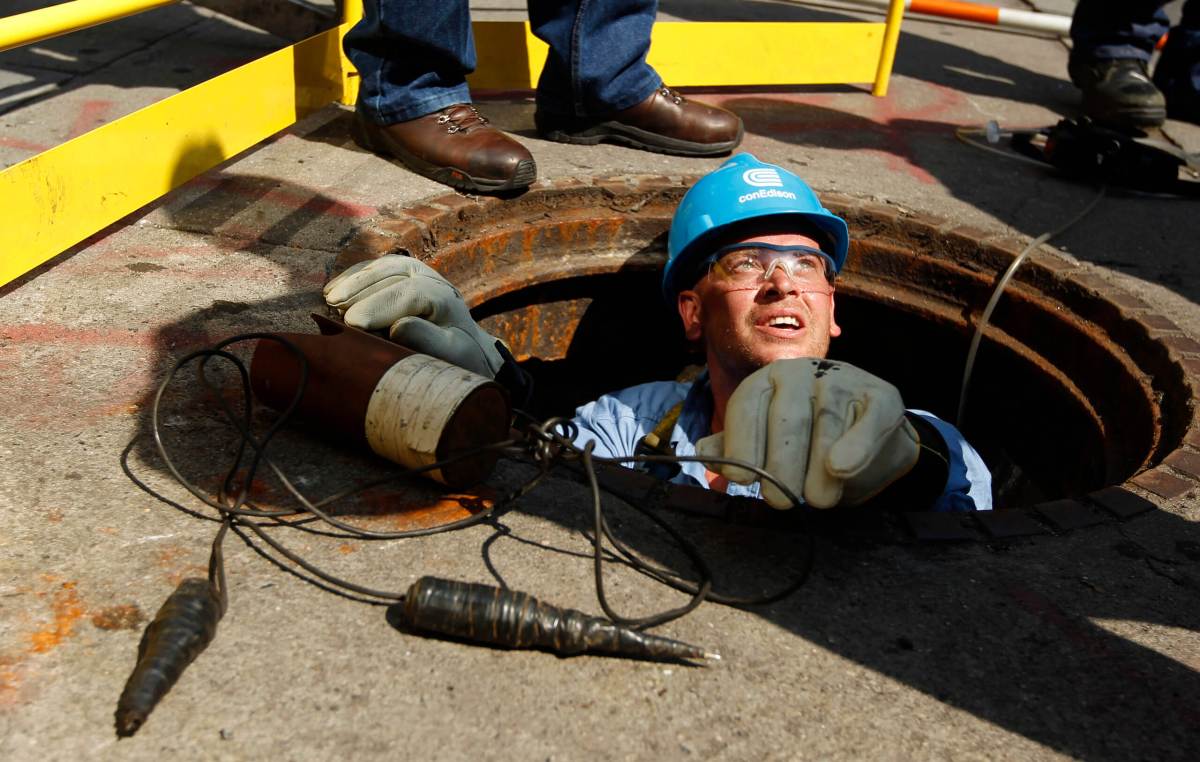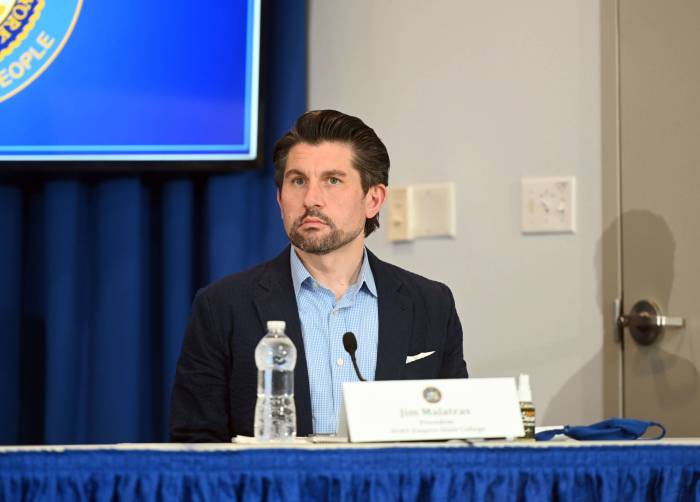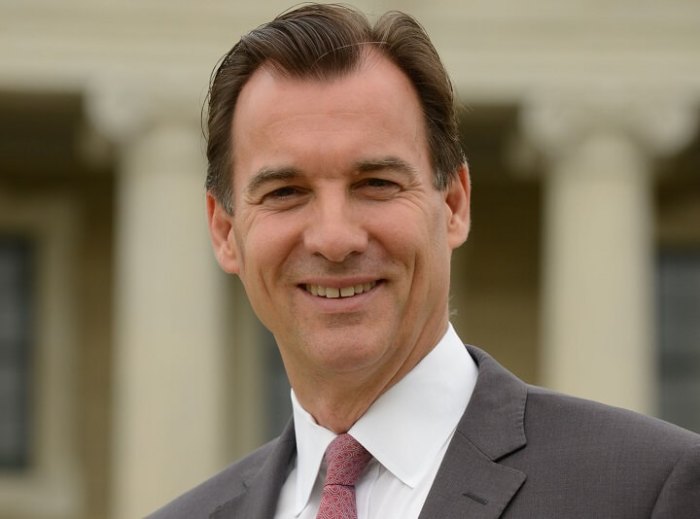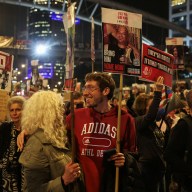The change in the calendar from February to March means that New Yorkers will soon receive their next energy bills — and likely dreading what the due amount will be.
Con Edison customers, in particular, experienced sticker shock last month with higher-than-anticipated heating and electricity charges. The increase caught the attention of Governor Kathy Hochul and the Public Service Commission, which contacted the electric and natural gas giant demanding not just an explanation, but also a review of their own billing practices.
So why did so many New Yorkers see a giant jump in their electric and/or natural gas bills last month? Con Edison Chair and CEO Tim Cawley explained to the PSC in a Feb. 24 letter that volatility in the natural gas market had led to higher supply costs.
Heating bills are always higher in the winter months because New Yorkers are using their radiators, but the surge in natural gas prices in January only added to the economic pain customers felt in getting their bills in February. Con Edison uses plenty of natural gas not just to supply customers in the city, but also to operate many of its power plants and keep the lights running across the Five Boroughs.
Part of the price fluctuation stems from Con Edison’s practice of “hedging” a portion of its monthly supply “to mitigate the impact of market price volatility on customer bills.”
“Once each month, Con Edison forecasts the value of its hedge, whether positive or negative, and adjusts customer supply costs to account for those forecasted gains or losses,” Cawley explained to the PSC. “If actual prices differ from the forecast, in either direction, then Con Edison reconciles this difference by adjusting these costs in the following month.”
Nevertheless, Cawley agreed that Con Edison needed to do something to ease that economic pain — so this month, the utility giant is rolling back its supply charge for full-service customers (those who are not on hourly pricing) by about 8.8 cents per kilowatt hour. This will apply to customers for their billing cycle beginning on Feb. 11 of this year.
Cawley wrote that this would “provide full-service customers with significant price reductions that they did not realize in their earlier bills.”
Here’s an example of how it would work: A full-service customer who used 300 kilowatt hours (kWh) of electricity in a month, priced at 16.0886 cents per kWh, would face a $48.27 supply charge. Under the discount that Cawley described in his PSC letter, the adjusted supply charge for 300 kWh at 8.8 cents per kWh would be $26.40 — a savings of $21.87.
amNewYork Metro reached out to Con Edison for further comment, and is awaiting a response.
Getting help to stay warm
But the rollback isn’t enough for many New Yorkers significantly behind on their utility bills, or financially unable to pay them this month. On Tuesday, Hochul urged Con Edison and all other utilities in the Empire State to do more to work with customers grappling with high electric bills or outstanding debts.
“The extreme utility bill increases all of us are seeing are having a serious impact on our household budgets, and in response, we are taking action,” Hochul said. “I have directed the Department of Public Service to ensure all the major electric and gas utilities in the state work with customers — and, in particular, our most vulnerable residents — to protect them from volatile pricing and educate them about resources available to them.”
For low-income New Yorkers or those living on a fixed income, there’s a litany of financial aid potentially available to them to pay all or most of their outstanding utility bills.
The federal government’s Home Energy Assistance Program (HEAP) offers up to $751 to eligible homeowners and renters based on income and household size. There’s also the Emergency HEAP program which offers low- and middle-income residents with immediate assistance to avoid having their utilities disconnected.
The state also offers federal funds to assist low-income New Yorkers who are behind on their utility bills by up to $10,000 per household. The state also is accepting applications for low-income homeowners who require repair or replacement of broken furnaces, boilers or other heating equipment.
To check to see if you’re eligible for financial assistance, or to learn more about these programs, contact the HEAP offices in New York City, located as follows:
- Waverly Job Center, 12 West 14th St., 2nd Floor, Manhattan.
- Rider Job Center, 300 Canal Place, Bronx.
- Crotona Job Center, 1910 Monterey Ave., 2nd Floor, Bronx.
- Coney Island Job Center, 3050 West 21st St., Brooklyn.
- Queens Job Center, 32-20 Northern Blvd., 2nd Floor, Long Island City.
- Richmond Job Center, 201 Bay St., Staten Island.
All offices are open Monday-Friday, 9 a.m. to 5 p.m. Call 212-331-3126 to reach any of them.
Beyond financial assistance, Con Edison also offers ways to reduce electric bills or make them more manageable. These include deferred payment agreements, in which customers with outstanding charges can spread them out over time on their future utility bills; payment extensions; and level payment plans in which customers pay an equal amount each month even as their bills change.
To learn more about Con Edison’s payment programs, visit coned.com/en/accounts-billing/payment-plans-assistance.
































